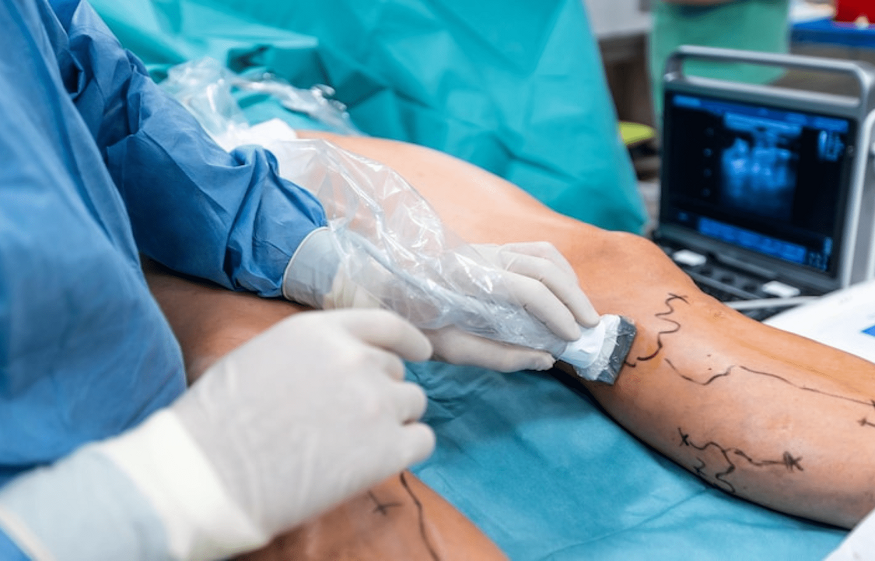Wound care is a crucial aspect of healing, and vascular surgeons play a key role. Their expertise ensures proper blood flow, vital for recovery. A collaboration with an Evergreen Park nurse practitioner often highlights the importance of vascular health in treating wounds. Understanding how these professionals work together can make a significant difference in patient outcomes.
The Role of Vascular Surgeons
Vascular surgeons specialize in the circulatory system. They focus on conditions that affect veins and arteries. Their work is not limited to surgery. They also provide treatments that improve blood flow, which is essential in wound healing. When blood flow is compromised, wounds heal slowly or not at all. By ensuring that blood vessels function well, these surgeons help wounds repair themselves faster.
Collaboration in Care
Effective wound care often involves a team. Vascular surgeons work with other medical professionals. This includes dermatologists, nutritionists, and nurse practitioners. For example, a nurse practitioner can monitor the wound and suggest treatments. The vascular surgeon can then address any blood flow issues. Such teamwork leads to more comprehensive care.
Benefits of Vascular Intervention
Vascular intervention provides several key benefits in wound care:
- Improved blood circulation
- Reduced risk of infections
- Faster overall healing
By addressing problems in the circulatory system, vascular surgeons help prevent complications. This proactive approach can save patients from more severe health issues down the line. According to The National Heart, Lung, and Blood Institute, improving vascular health is crucial for reducing the risk of chronic non-healing wounds.
Understanding the Treatment Process
Vascular surgeons use several techniques to aid in wound healing. They may perform minimally invasive procedures to remove blockages. Sometimes, they use medications to thin blood or dissolve clots. These steps ensure that areas around the wound receive enough nutrients and oxygen. Let’s look at a comparison of common methods used:
| Method | Description | Effectiveness |
| Angioplasty | Opens blocked arteries | High |
| Stenting | Keeps arteries open | Moderate to High |
| Medication | Improves blood flow | Varies |
The Long-Term Impact
Regular follow-up care is essential after any vascular procedure. This ensures lasting benefits. It helps in maintaining the improvements achieved. For example, lifestyle changes like a healthy diet or regular exercise become more effective with better circulation. These changes reduce future complications. The Centers for Disease Control and Prevention emphasize the importance of ongoing care for chronic conditions, which can directly impact wound healing.
Conclusion
Vascular surgeons make significant contributions to wound care. Their efforts ensure that wounds receive the support they need from the circulatory system. With a team approach and targeted interventions, they improve outcomes for patients. This leads to faster healing and less risk of complications. Recognizing their role highlights the importance of comprehensive care in wound treatment. Understanding and utilizing vascular health interventions hold the key to better recovery and overall well-being.
